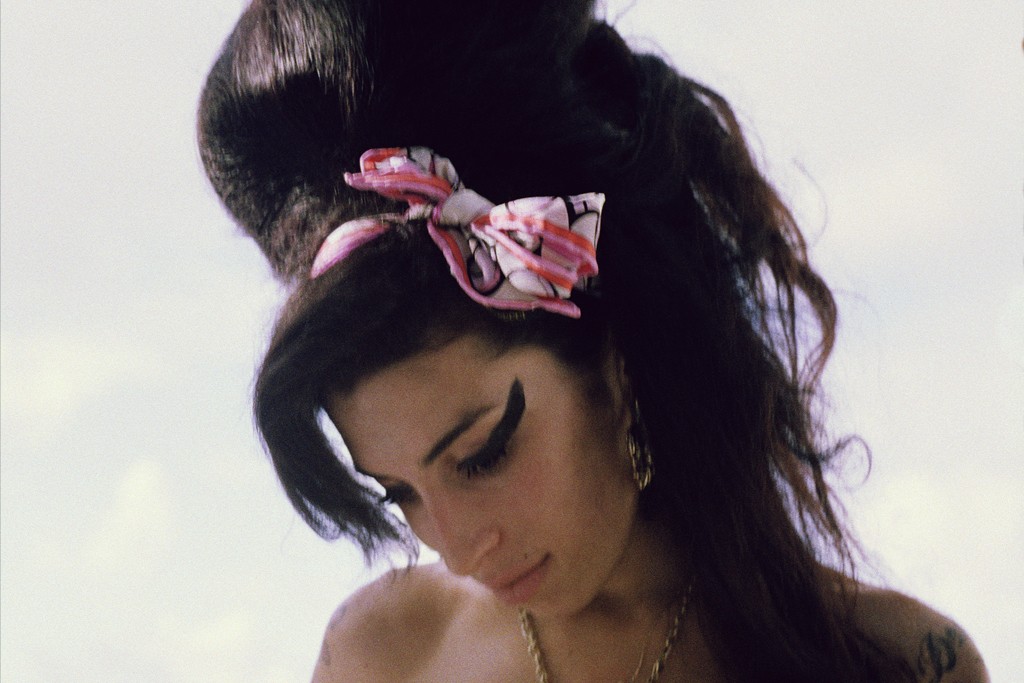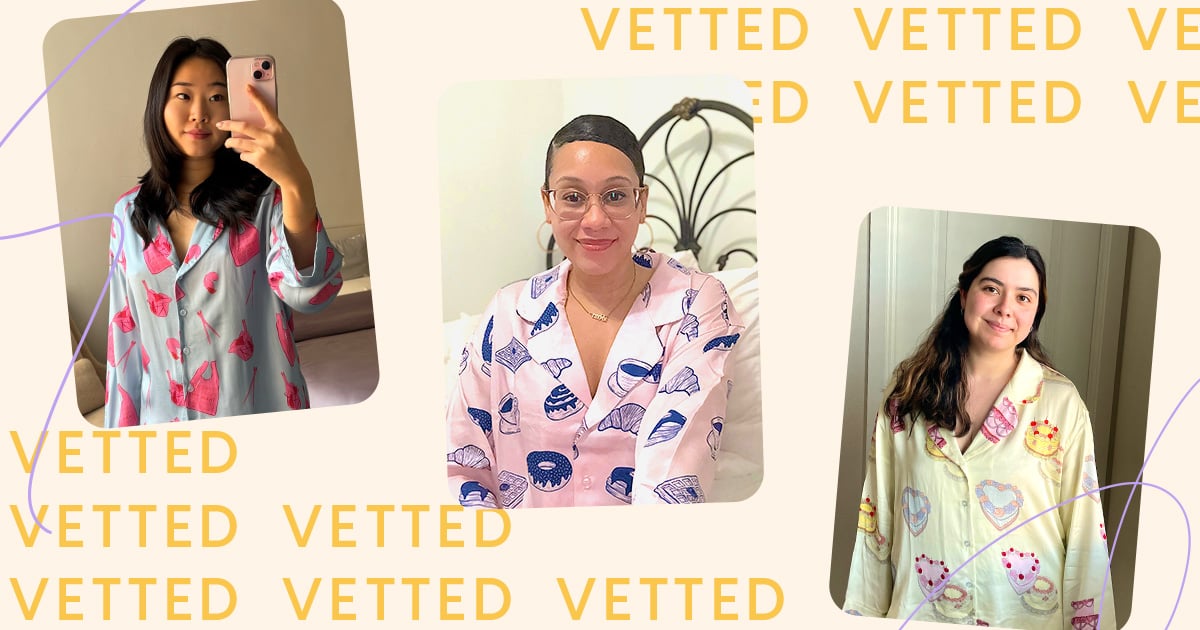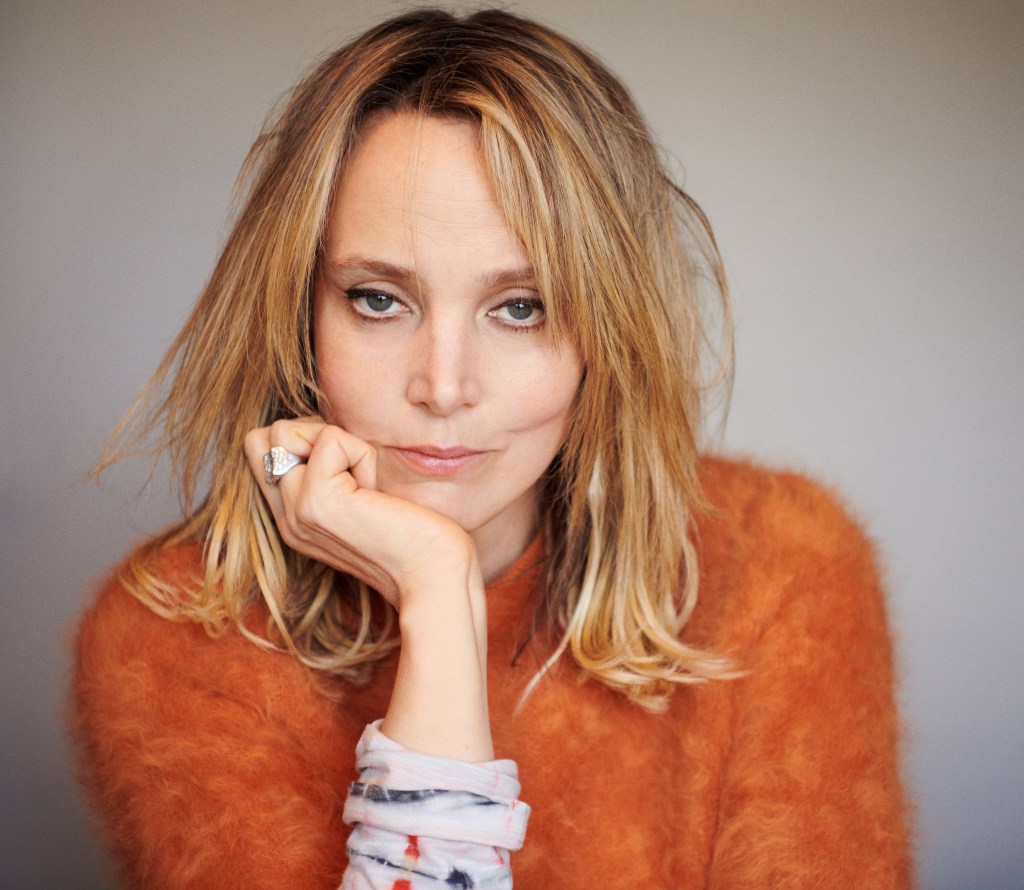THE NEW BLACK: Artist and director Sam Taylor-Johnson, who is gearing up for the release of her much-anticipated Amy Winehouse biopic “Back to Black,” told an audience in London that she was eager to look at the late singer from a fresh angle.
“During her lifetime, her life was constantly unpicked and pulled apart and forensically examined. That’s continued after her death to a degree. I felt like making this movie was a way of going into her perspective,” said Taylor-Johnson, adding that she shared similar social circles with Winehouse, so the singer was not a stranger to her.
The preview screening was hosted by the British Fashion Council in partnership with Harper’s Bazaar and Studiocanal ahead of the film’s U.K. release on Friday.
Taylor-Johnson and Marisa Abela, who stars as Winehouse, sat down with Helena Lee, acting deputy editor of Harper’s Bazaar, for a brief question-and-answer session earlier this week in the cherry red screening room at London’s Soho Hotel.
Sweeping across Winehouse’s life, from her rise to fame at 18 to her death at 27, the film touches on the singer’s struggles with substance abuse and her toxic relationship with Blake Fielder-Civil.

Abela talked about her challenges in taking on the role. “I think when you hear Amy Winehouse, you think about the image of an icon, and you can’t play an icon — you have to play a human being. I wanted to get to know the human being behind that image that I had initially,” she said.
“It was about seeing [how I could connect] to the woman, the artist. Through my research, what I found was a young woman with the most immense amount of talent, but also an insatiable appetite for life, for emotional experience, for a deep connection to her craft and to be good at it,” Abela added.
Abela, who did all of her own singing in the film, said she managed to connect to Winehouse further through music: “[Taylor-Johnson] had the rights to her music, [so] we didn’t need for me to sing. I wanted to take singing lessons firstly to look like her when I was singing, the face, the shapes and the movements. Also, she chose to express herself through song.
“To use a studio recording — I know it sounds like the opposite would be true — felt inauthentic to Amy, because she was such an authentic performer.”


